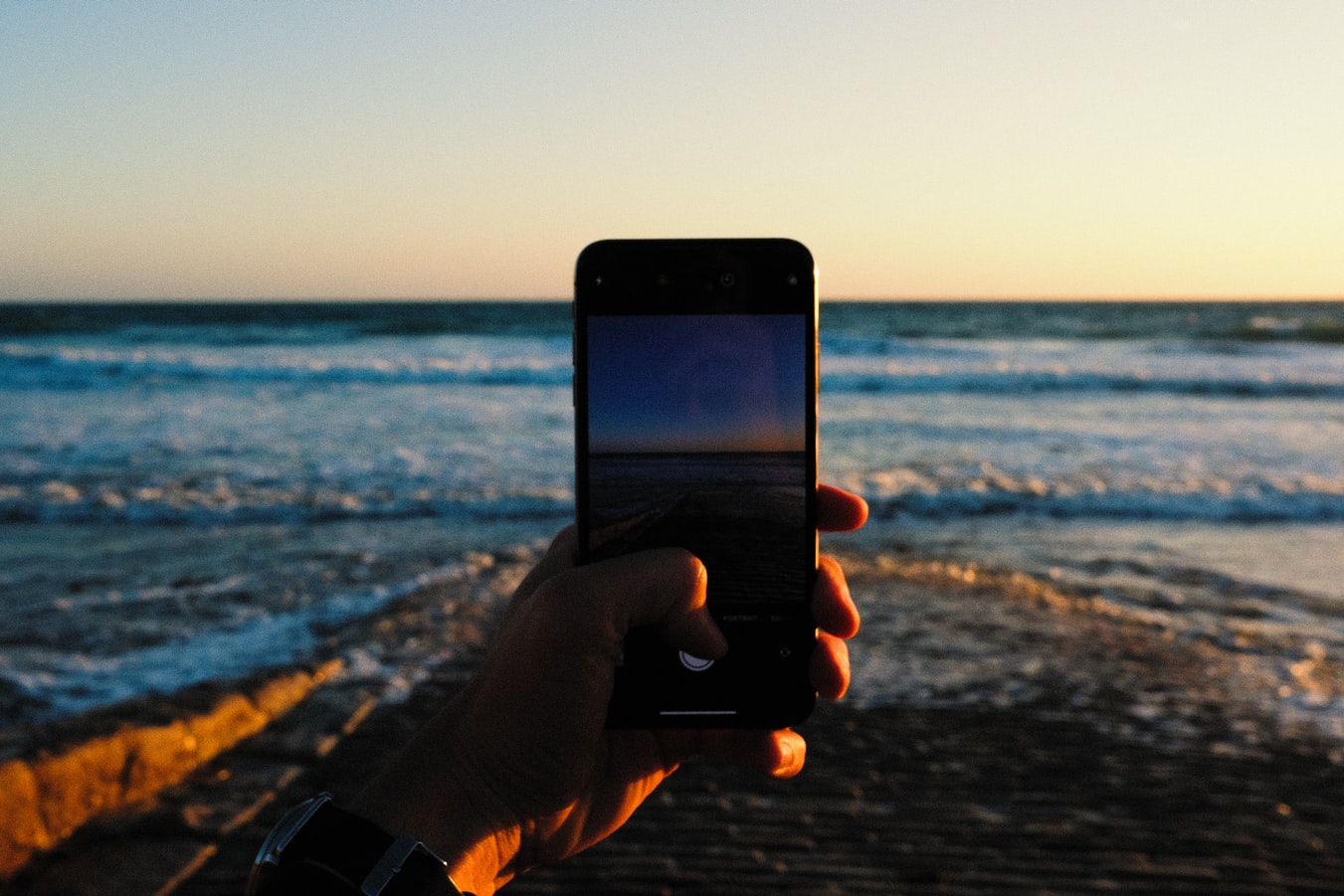
- Measuring the effective use of resources in the cloud and digitalising the use of energy to optimise its efficiency are the solutions that offer the best response to the challenge presented by Digital Future Society with the collaboration of the Commissioner of 2030 Agenda at Barcelona City Council.
- The call for entries offers the chance to pilot the solution with the support of the Digital Future Society team, a financial contribution for the project and collaborative synergies.

27 July, 2020
Barcelona, 27 July 2020.- The technological solutions of Universitat Oberta de Catalunya (UOC) and Awesense (Canada) were crowned winners of the Tech&Climate challenge, convened by Digital Future Society with the collaboration of Barcelona City Council. The initiative, which seeks to reduce the environmental impact of technological companies and which has a provision of up to €40,000 per winner, will enable the implementation of both pilot projects in Barcelona with the aim of finding solutions in the digital environment that help the Sustainable Development Goals of the 2030 Agenda.
The UOC has designed a tool for evaluating the environmental impact of cloud computing, which uses large amounts of energy. This solution measures the effective use of resources in the cloud and calculates the energy expended, which makes it possible to develop energy efficiency policies for optimal consumption. In turn, Awesense presented a software platform for optimising the production and consumption of energy in energy systems. The solution digitalises the use of energy, optimising its efficiency and identifying problems by tracking parameters in real time.
The launch of the call for entries took place in April, the proposals were evaluated during June and over the first few weeks of July the jury selected the winning solutions. In total, 27 projects were received, more than half were international, with solutions proposed from Singapore, Sweden, Brazil, Rwanda and Pakistan. The solutions presented had to be tested and their implementation had to be technically feasible in under 12 months. Also, the tools had to be scaleable and future-proof, foreseeing immediate future scenarios in relation to technological changes and trends.
The jury that participated in the deliberation is comprised of technology and climate emergency specialists: Cristina Colom, director of Digital Future Society (Mobile World Capital Barcelona); Miquel Rodríguez, commissioner of 2030 Agenda at Barcelona City Council; Michael Donaldson, commissioner for Digital Innovation, e-Government and Good Governance at Barcelona City Council; Lluís Torrent, expert in climate change and sustainability; and Júlia López, European regional director of the C40.
The national and international call for entries for technological solutions was managed by the Digital Future Society Lab, which seeks to identify and implement innovative ideas that respond to the challenges of the digital age. The challenges make it possible to connect global players and carry out local initiatives through projects in collaboration with partners from the public and private sector. The solutions implemented are proof of how technology is the means for a fairer and more sustainable society.
This initial Tech&Climate challenge arose out of a collaboration led by Digital Future Society (an initiative backed by the Ministry of Economic Affairs and Digital Transformation, Red.es and Mobile World Capital Barcelona), and by Barcelona City Council -through the third tenure, specifically the Commissioner of 2030 Agenda and the Digital Transition department with the collaboration of the municipal Foundation BIT Habitat-.
Stay up to date about everything
Subscribe to stay up to date with the latest content from Mobile World Capital Barcelona.